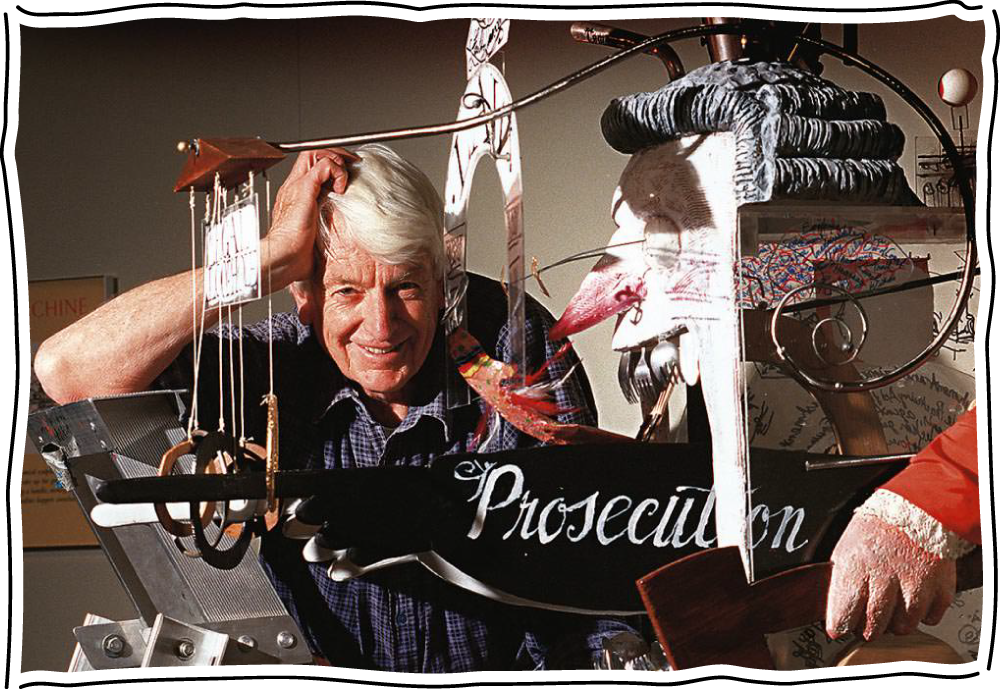
A conversation with Bruce Petty was an interesting encounter – it was full of considered pauses, a laconic wisdom and what seemed like a subterranean seam of irony that he mined every day of his remarkable professional life.
Bruce Petty died in April, provoking a range of heartfelt tributes, including one that marked Petty as "…the most influential Australian cartoonists of the post-War era."
It is a significant description – Australia has had a long and distinguished history of cartoonists, many of whom have seen their country through the larrikin lens.
But Petty had something else – he had a view of the world, of the economy that resembled a set of hard lines and jagged edges, with humanity struggling to find a way through the myriad mechanisms that conspired on a daily basis to thwart them.
Petty was born in 1929, raised on a fruit farm in Doncaster, went to London, travelled through Southeast Asia and found his way to the Rupert Murdoch’s brave experiment in a national broadsheet, The Australian. By that time, Petty has seen the Suez Crises, the assassination of JFK, the end of the Menzies Era and the eruption of the Vietnam War. It was a fertile set of experiences upon which to create his unique voice. And that voice was not constrained to newspapers – he won an Oscar for one of his animated films, as well as an Australian Film Industry award for a documentary, and, of course, a slew of industry awards.
Anyone who has seen Petty’s animated films will have been struck by the inescapable air of machinery whirring and clanking, and the helplessness of every individual trying to gain control of such unruly systems. The deep satire of his cartons translated seamlessly into his animation.
After The Australian, he found a new home at The Age, and saw his work also published in The New Yorker, Esquire, Punch and The Bulletin.
On his induction into the Australian Media Hall of Fame, his former Age colleague cartoonist John Spooner wrote: "You could argue that Bruce’s greatest achievement was to aggressively tangle his thin, strong line around the tragic giant of the Vietnam War. Bruce’s brilliant cartoons pilloried the double speak and euphemism of that disturbing period.
"His other great achievement was in a sense journalistic. He imagined visual approximation of economics, a Newtonian world and levers and pulleys. The pseudo-scientific jargon of economics is easy meat for a satirist."
Spooner saw in Petty a "journalistic fighter" for fairness in public life.
Academic Robert Phiddian saw something else. "He understood ideas and the weight of the past, but it was the next paper, the next crop, the next generation that always mattered most. His optimism was informed by clear-eyed experience but was also incredibly robust."
It says much about Petty that his satirical instinct never soured into cynicism, even if the experience he captured in his dazzling lines reflected an Australia trying to find fairness and equity in a global economy with different priorities.